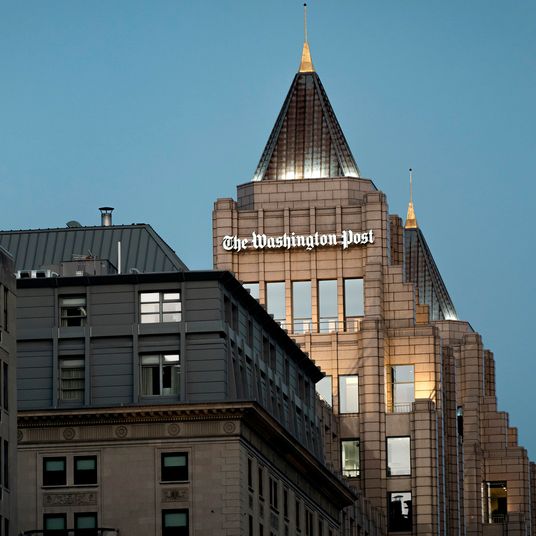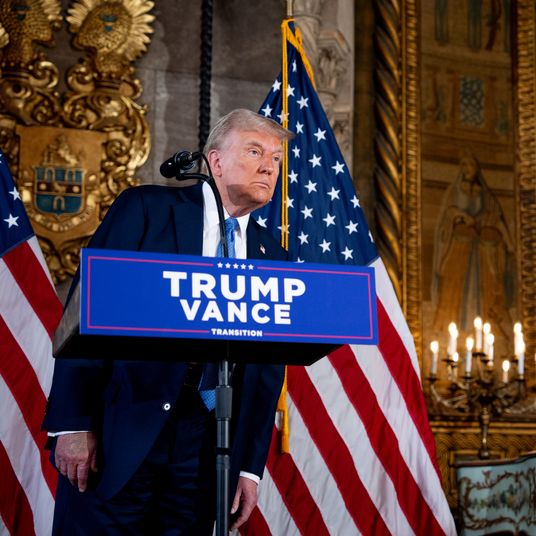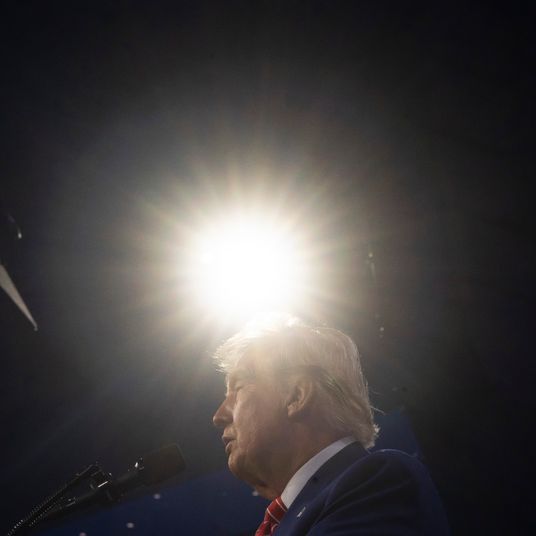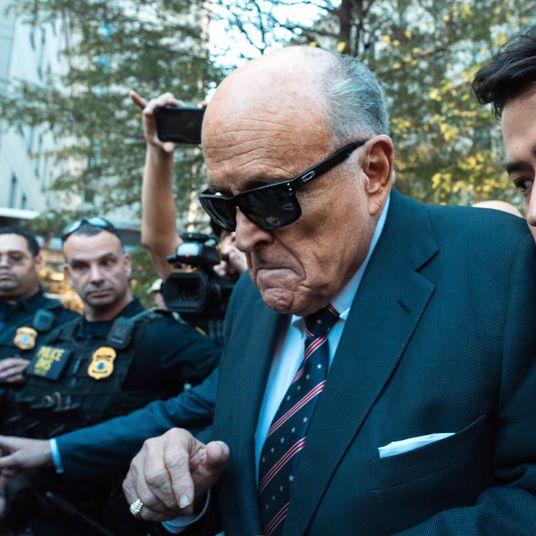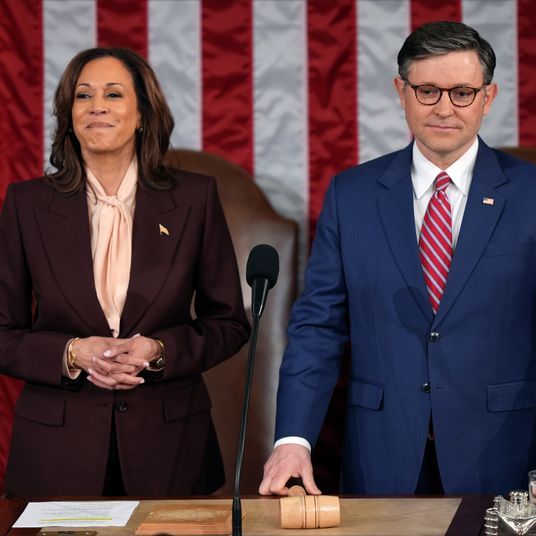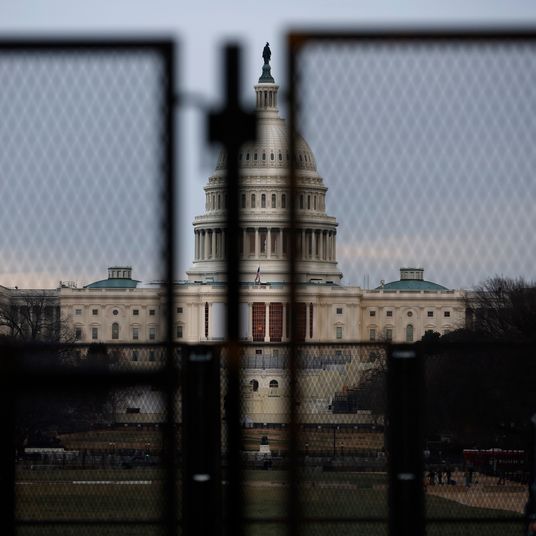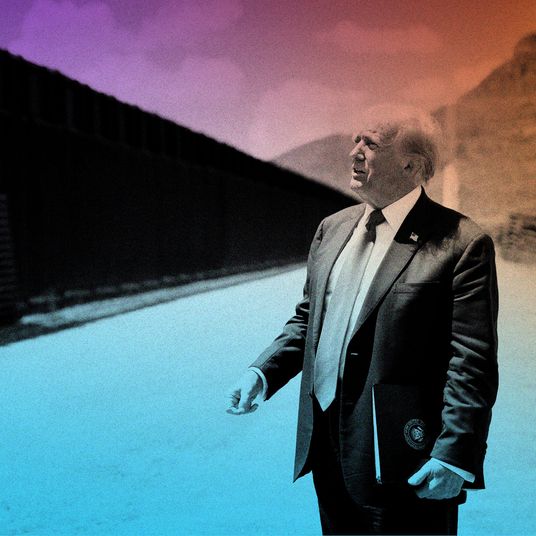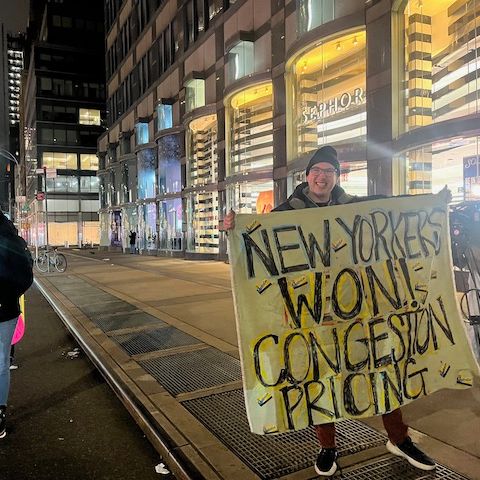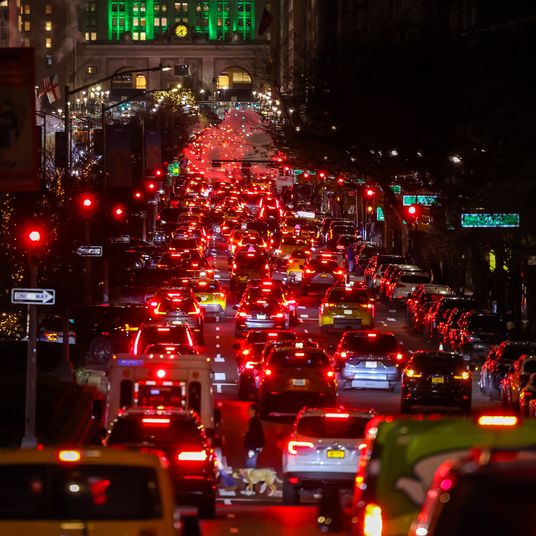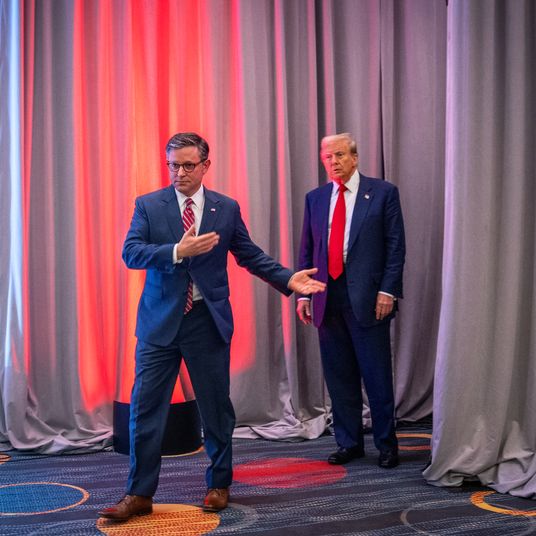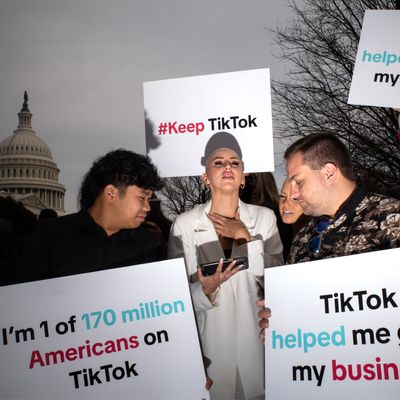
Twelve days from now, TikTok could be out of business in the United States. Middle school teachers, your days of enduring students who randomly blurt out “Skibbity!” and “Low taper fade!” might soon be over.
Of course, TikTok is about far more than nerve-grating adolescent catchphrases. It has become the most popular social media site in the United States, with approximately 170 million users – half the country’s population. And while the site still offers lip-synched dance videos and other benign distractions, it also has become an undeniably influential platform for political discourse. That’s not to say that TikTok has achieved the gravitas of The MacNeil/Lehrer NewsHour but, qualitative judgments aside, it’s where tens of millions of Americans get their news.
TikTok’s future in the United States now sits squarely in the hands of the Supreme Court, which will hear oral arguments Friday. At its core, the case features a head-on collision between national security and the First Amendment.
At issue is a law passed in 2024 that provides TikTok with an ultimatum: sell to U.S.-based owners by January 19, 2025, or be banned in the country altogether. (TikTok is a dense tangle of corporations and subsidiaries; as relevant here, TikTok Inc. is an American company whose ultimate corporate parent, ByteDance Ltd., is incorporated in the Cayman Islands but headquartered and primarily operated in China.)
In its Supreme Court brief, the Biden administration argues in defense of the law that it does not implicate the First Amendment at all because it relates not to the content or viewpoint of speech, but rather only to “foreign adversary control” of the platform. After all, TikTok can stay in business, so long as it is sold to a U.S.-based owner. (TikTok claims this is impossible by the January 19 deadline.) And any restriction on free speech is justified to protect national security, the administration contends, because the Chinese government controls TikTok, which “harvests sensitive data about tens of millions of Americans and would be a potent tool for covert influence operations by a foreign adversary.”
The plaintiffs – TikTok, joined by a group of content creators and users – counter that the new law squarely violates fundamental freedom of speech principles. “Congress’s unprecedented attempt to single out Petitioners and bar them from operating one of the Nation’s most significant speech venues is profoundly unconstitutional,” the challengers assert in their brief. TikTok contends that it makes countless editorial judgments, including those algorithmic determinations about what content to feature and, like it or not, that is core First Amendment expression. TikTok also claims the government’s national security concerns are speculative, and the new law wouldn’t adequately mitigate the proffered risks in any event.
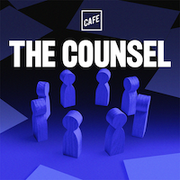
Listen to The Counsel podcast
Subscribe on:
Just when it seemed we had a clean, substantive debate on the merits: enter Donald Trump, flying off the top rope. Out of nowhere, Trump – technically not a party to the case – filed an amicus (“friend of the court”) brief in late December in which he took no legal position. Instead, he urged the Court to put the whole thing on hold so that he – self-professed master dealmaker, “one of the most powerful, prolific, and influential users of social media in history” – can try to broker a deal once he takes office on January 20. Trump doesn’t offer specifics on any such day-saving proposal; presumably he’d need to find some resolution satisfactory to both TikTok and Congress, which would need to repeal the law it passed last year. Rather, he essentially argues: Hang on, let me give this one a shot.
On the surface, Trump’s request isn’t unreasonable. Why should the Supreme Court make a precipitous decision – at the expense of either national security or the First Amendment – when it can just wait a bit and see if the parties can reach a peaceable, negotiated resolution? But the problem is that this just isn’t what the Supreme Court does. The justices don’t facilitate hypothetical dealmaking between the other branches of government and private industry. The Court exists to render complex interpretations of constitutional law, not to play Monty Hall in Let’s Make a Deal.
It’s refreshing, and perhaps surprising given the stakes, that this case has created unusual alliances that transcend our typical Democrat-Republican, liberal-conservative divide. Both Trump (in 2020) and Joe Biden (in 2021) issued executive orders that broadly expressed concern about the national security threat posed by TikTok. And the law flew through Congress with rare bipartisan support. The House passed the bill by a 360-58 vote, the Senate approved the measure by a 79-18 margin, and Biden signed it into law in April 2024.
Thus far, TikTok has had no luck in the federal courts. In early December 2024, a three-judge federal appellate panel in Washington DC unanimously held that, while the law does raise First Amendment concerns, it nonetheless passes constitutional muster given the serious national security risks at issue. (In keeping with our bipartisan theme, the judges on that panel were appointed by Trump, Barack Obama, and Ronald Reagan.) The Supreme Court jumped in quickly, taking the case on December 18, 2024, and setting a mega-expedited schedule culminating in Friday’s argument, just three weeks later.
It’s tricky to predict what the Court will do here. On one hand, the Court accepts only a tiny fraction of all cases presented to it, and chose to take this one (which requires the votes of at least four of the nine justices). Why, one might logically ask, would the Court get involved in this mess unless they disagreed with the lower courts and intended to reverse? And why do it on such an expedited basis unless the intent was to prevent the law from taking effect on January 19?
On the other hand, perhaps the Court recognized that the case poses weighty constitutional questions and would naturally grant review whether it intends to uphold or strike down the TikTok ban. And every federal judge to consider the matter so far has ruled in favor of the law, and against TikTok. (A pure guess here: the Court will lean towards TikTok and its First Amendment position, either by a substantive ruling or with a procedural off-ramp that effectively puts the law on hold. No guarantees.)
Either way, lots of people will be unhappy. If the Court allows the ban to stand, prepare for the wrath of tens of millions of ticked-off TikTok teens (and, yes, plenty of others). But if the justices strike down the law, they’ll overturn the will of bipartisan majorities in both houses of Congress, plus presumably large chunks of the constituencies they represent.
Either way, the Court will set a powerful precedent in the age-old yet constantly evolving conflict between national security and free speech. TikTok itself started off as a bit of a goof. But now it presents the Court, and the nation, with a momentous constitutional dilemma.
This article will also appear in the free CAFE Brief newsletter. You can find more analysis of law and politics from Elie Honig, Preet Bharara, Joyce Vance, and other CAFE contributors at cafe.com.














